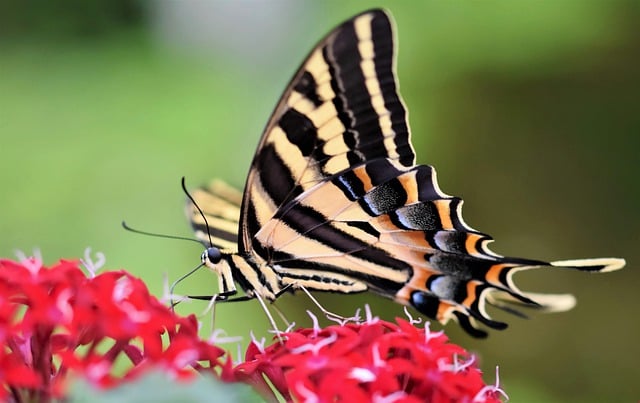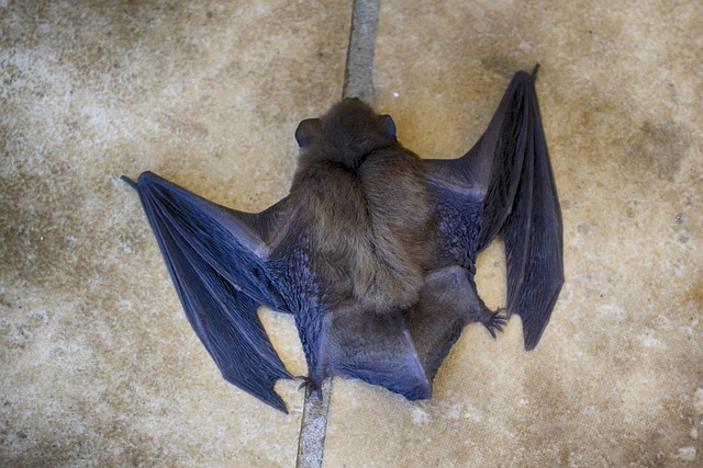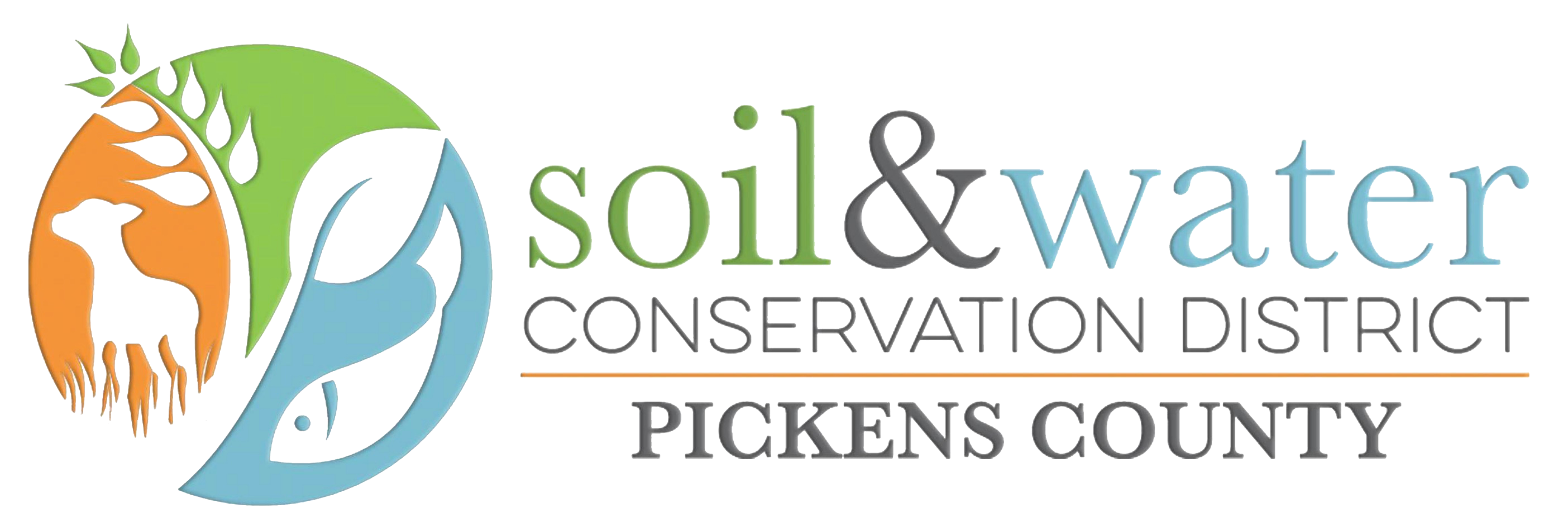Pollinators

Pollinators, such as bees, butterflies, birds, and bats, play a crucial role in the growth of many plants, including those vital to agriculture. They help plants reproduce by transferring pollen from one flower to another, which is essential for the production of fruits, seeds, and vegetables. Over the past decade, we have been seeing a significant decrease in our pollinator population with a larger decline since the start of the21st century. Here’s how you can help save pollinators and why it matters:
How do pollinators affect crop growth?
-
Pollination: Pollinators transfer pollen from the male parts of a flower to the female parts, facilitating fertilization. This leads to the production of seeds and fruits, essential for plant reproduction and agricultural output.
-
Biodiversity: By aiding in the reproduction of a wide variety of plants, pollinators support biodiversity, which helps maintain healthy ecosystems. Diverse plant life can lead to more resilient agricultural systems.
-
Food Production: Many of the crops we rely on for food, such as fruits, vegetables, and nuts, depend on pollinators. Their work directly impacts the quantity and quality of food available to us.

How can we help our pollinators?
-
Plant Pollinator-Friendly Plants: Grow a variety of flowers, shrubs, and trees that provide nectar and pollen. Native plants are particularly beneficial as they are well-adapted to local pollinators. Plant a small garden, singular plant, or a large field...all make a difference!
-
Create Habitats: Provide habitats that support pollinators, such as gardens with flowering plants, wildflower meadows, and nesting sites. Additionally, avoid using pesticides that can harm pollinators.
-
Support Sustainable Agriculture: Advocate for and support farming practices that protect pollinators, such as organic farming, which reduces (even if it can't completely eliminate) the use of chemicals.
-
Educate and Advocate: Raise awareness about the importance of pollinators and support policies that protect their habitats and well-being. Someone can't help the pollinators if they don't know the pollinators need to be helped!
Why are pollinators important for us?
-
Food Security: Pollinators are essential for growing many of the crops we eat. Without them, food production would decrease, leading to higher prices and less food availability.
-
Ecosystem Health: Healthy ecosystems depend on pollinators to maintain plant diversity, which in turn supports other wildlife and helps regulate climate.
-
Economic Impact: The agricultural industry depends heavily on pollinators. Their decline could affect crop yields and the economy, impacting food production and, in turn, food prices.
Additional Resources:
Please feel free to contact us at pickensSWCDeducation@gmail.com orif you have any additional questions!
© Copyright Pickens Soil and Water Conservation District
